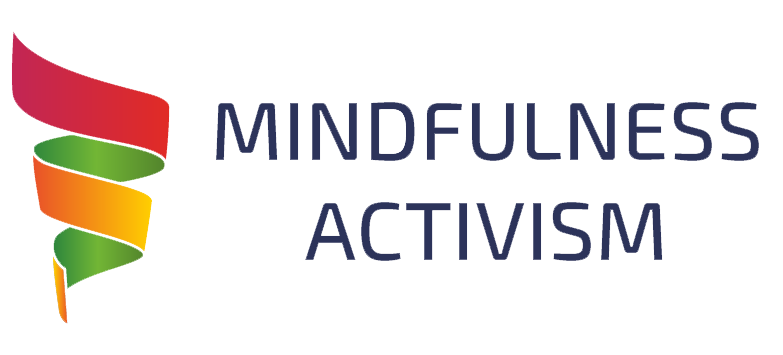Mindfulness buzz
One aspect which makes me happy, is my belief that only knowledge, and I do not mean the scholastic one, but the holistic one, is the path to a truly fulfilled life. I invite you to stay a few moments focused on knowledge, because in Western culture it is a highly valued aspect. For us, knowledge means, first of all, understanding concepts, finding solutions, accumulating as much information as possible in various fields, often to have the most ideas (and preferably very firm opinions about anything). It is a well-supported skill nurtured through education systems, starting right from the family and continuing in all educational institutions, up to the field of work and even after. Nothing wrong so far. With a single mention of the common illusory aspect of this knowledge. There is a kind of knowledge that transcends language and thinking, even emotions; it is revealed in a different way. A way that mindfulness can offer those who choose practice instead of trying to understand the concept of mindfulness on a mental, rational level, or by reading materials on the internet or talking in a cafe with friends regarding their own opinion on mindfulness.
I noticed the phenomenon a few years ago, with the perception vis-a-vis coaching. Everyone had an opinion. Many of them were (and are) coaches. But too few of them had gone through a structured coaching process, seeking to “know” through experimentation what they thought they understood. This is not the only example of knowledge which could be harmful if it is not approached openly and with curiosity towards what you don’t know, but you’re willing to find out.
I made this short experiment in order to get to the idea from which I started this text: mindfulness can instantaneously become a buzz word if we don’t give it a chance to experience it. That is why knowledge also has its share of blame when we talk about concepts that involve life in its fullest.
I’m going to give some thoughts for those who decide that they want a different kind of knowledge:
Conduct your own research on the available types of mindfulness. There are several programs in Romania but also online, from all over the world. Starting this process requires some work to see which programs have a well-thought, structured basis and verifiable results.
Choose a program according to your level. Starting the practice of mindfulness directly with a group in a silent retreat in the Amazon jungle may be an advanced step for someone who is at the beginning of the journey. Like any practice, a period of trial in the right dosage is required.
Look for certified facilitators who got qualified within time span similar to qualifications in any field (at least several years of development and practice). But especially look for facilitators who practice first and foremost what they teach.
Use validated materials and, if the subject becomes more interesting, you can even find studies conducted by researchers in the field.
Last but not least, allow yourself to learn that life can be different, much different from what our teachers have told us, whatever they have been throughout their lives, even with the best of intentions.
With mindfulness you could find out what you will never be taught in school, primarily because nowhere can you find who you are if you do not start your own journey.
Whatever you choose about this practice, I hope you remember that mindfulness is beyond a mere concept or a method, it is a different way of living and of knowing yourself.






